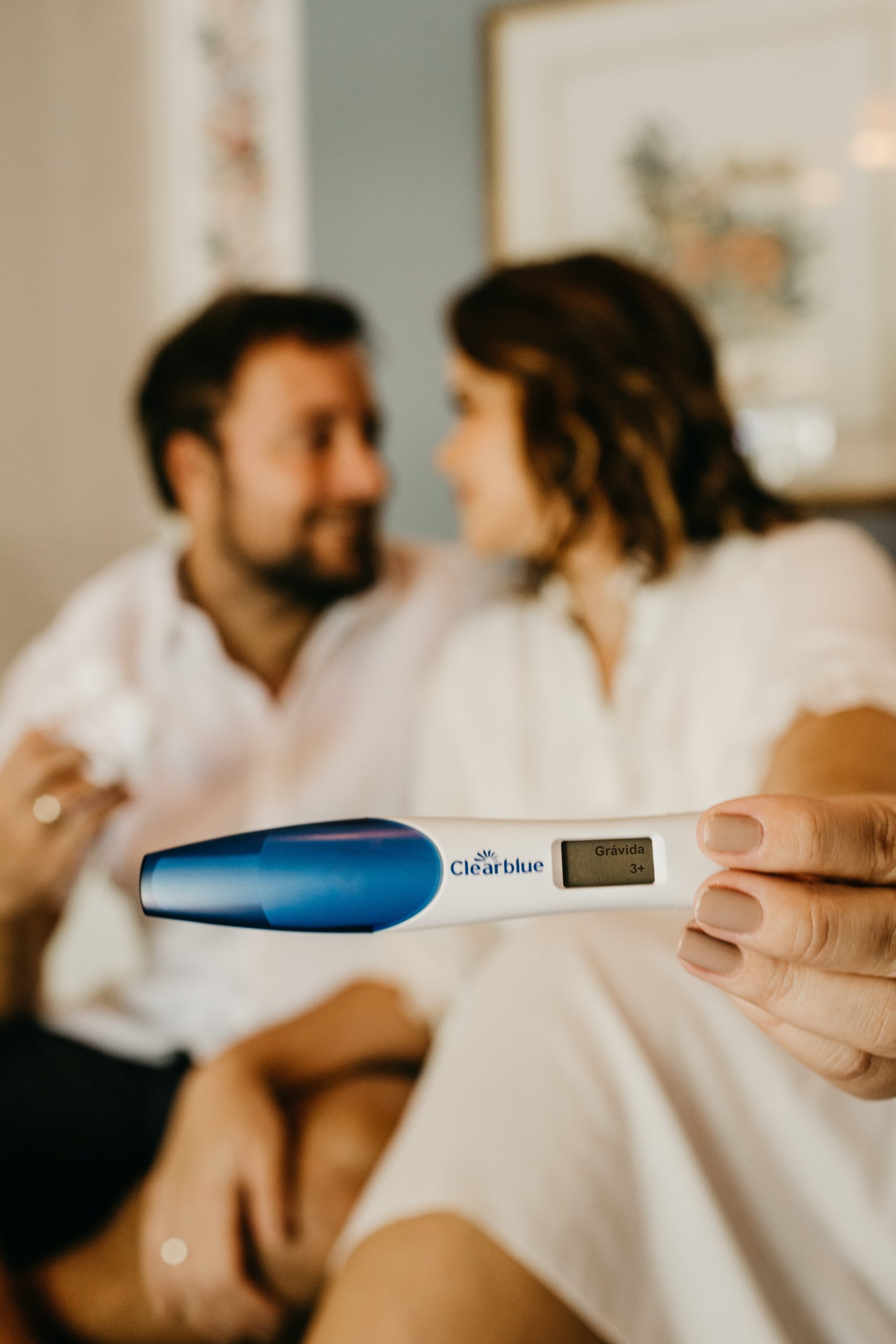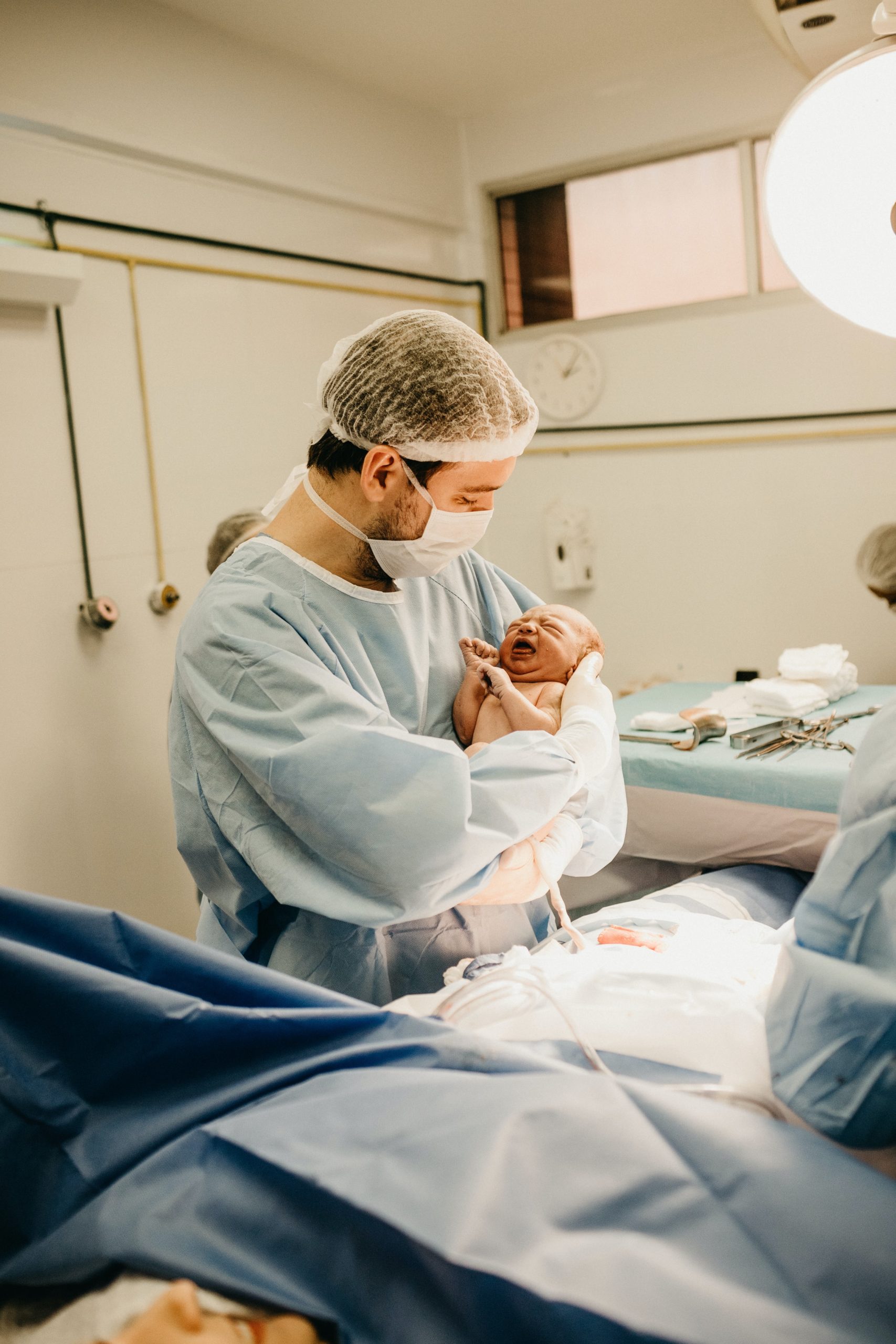IVF, or In Vitro Fertilization, is currently gaining traction. Most of us know someone or have heard about IVF, but how much do you know about that? Knowledge is power, and this is why it is important to educate yourself about IVF. So, without further ado, let’s dive into this blog and learn more about it.
1. What is IVF?

In vitro fertilization or IVF is an assisted reproduction technique that consists of fertilization, i.e., the meeting of sperm and egg in the laboratory, in vitro, i.e., outside the woman’s body. In vitro fertilization is a technique used by couples who want to have a child and are facing a problem of infertility. The man’s sperm is brought together with the woman’s egg outside of her body in a laboratory, and the embryo is implanted back into the womb of the future mother.
Approximately 330,000 couples in Canada suffer from infertility, i.e., between 10 and 15% of adults of childbearing age. Medically assisted reproduction (MAP) includes a range of methods to help a couple have a child: artificial insemination, ovulation stimulation, and in vitro fertilization. These techniques are performed by specialized gynecologists trained in these methods in a clinic or hospital.
2. Find out about costs
Egg donation costs abroad are likely to be significantly cheaper than at home, even after including your travel expenses. However, it is important to ensure you have all the facts about costs, as donor egg clinics can vary in what they include.
We recommend that you ask if embryo freezing is included and any tests and analyses. Your egg donor will need to take medication to stimulate egg production, so you should also check if these are included. If you want to know more about potential costs. There may be packages available to help you reduce costs.
3. Moderate your caffeine consumption

Caffeine is found in tea, coffee, cocoa, some beverages, and some foods and medications. Caffeine has a stimulating effect on the body. It relieves fatigue, raises blood pressure, and stimulates kidney function. A normal cup of coffee contains about 90 mg of caffeine, a cup of tea 32 to 42 mg, and a 15 cl can of cola about 16 mg. The stimulating effect of caffeine lasts between 2.5 and 6 hours.
For us women: Coffee consumption is also known to reduce fertility. A study of 1,909 women showed that drinking one cup of coffee a day increased their infertility by 55%, 100% when they drank 2 to 3 cups of coffee a day, and 176% when they drank more than 3 cups of coffee a day. Drinking 2 to 3 cups of coffee a day, before or during pregnancy, doubles the risk of miscarriage.
For our men: moderate amounts of caffeine will affect sperm motility, while large amounts can cause complete immobilization.
4. Stop drinking and smoking
No one disputes the harmful effects of alcohol consumption on spermatogenesis, female fertility, and the proper development of the fetus if consumed during pregnancy.
You should be aware that even moderate alcohol consumption of 1 to 5 drinks per week causes a decrease in female fertility. Since it takes 72 days for sperm to mature, the first goal should be to eliminate all toxins, including alcohol, for three months before the first fertilization attempt.
Cigarettes are primarily composed of nicotine, a highly addictive substance. But tobacco also contains more than 4,000 other components, including cyanide, carbon monoxide, lead, cadmium, ammonia, and insecticides. The decrease in fertility caused by tobacco consumption is no longer disputed.
Smoking causes damage to the ovaries. Research has shown that it accelerates the depletion of ovarian reserve and may advance the age of menopause depending on how long a woman has smoked and how much she has smoked. Women who smoke are 3 to 4 times more likely than non-smokers to take more than 1 year to conceive.
5. Take nutritional supplements

Perhaps you’re already convinced of the value of a healthy, balanced diet. Or maybe you’re not sure how your diet affects your fertility. Whatever the case, it is now undeniable that there is a diet that favors pregnancy and allows you to carry it to term.
Spermatogenesis and ovulation, fertilization, implantation, and then the development of the baby for nine months: all these processes require a lot of essential nutrients. Unfortunately, despite our best efforts to eat healthily, our food is unlikely to contain everything we need in terms of quality and quantity. This is why I recommend vitamin and mineral supplementation.
There are many brands of food supplements, at all prices, with more or less complete and specific formulas, and it is difficult to choose. Recent studies have demonstrated the undeniable benefits of L-carnitine and acetyl-L-carnitine. Both in women (improvement of oocyte quality, endometrial quality, fertility, favoring implantation, and increasing the success rate in IVF) and men (improvement of the spermogram and spermatic DNA quality).
Looking for help?
Are you having issues getting pregnant? Do you feel lost and have no one to turn to? Then look no further than Fertile Seeds of Life. They have revolutionized the way fertility treatment is seen and perceived. They provide a holistic approach to the whole therapy because they know that this can be a very taxing period in your life.
Their special fertility programs for global audiences allow them to work individually with each couple no matter where they are. So, what are you waiting for? Give them a call today for more information and make your dreams become a reality with their help.


